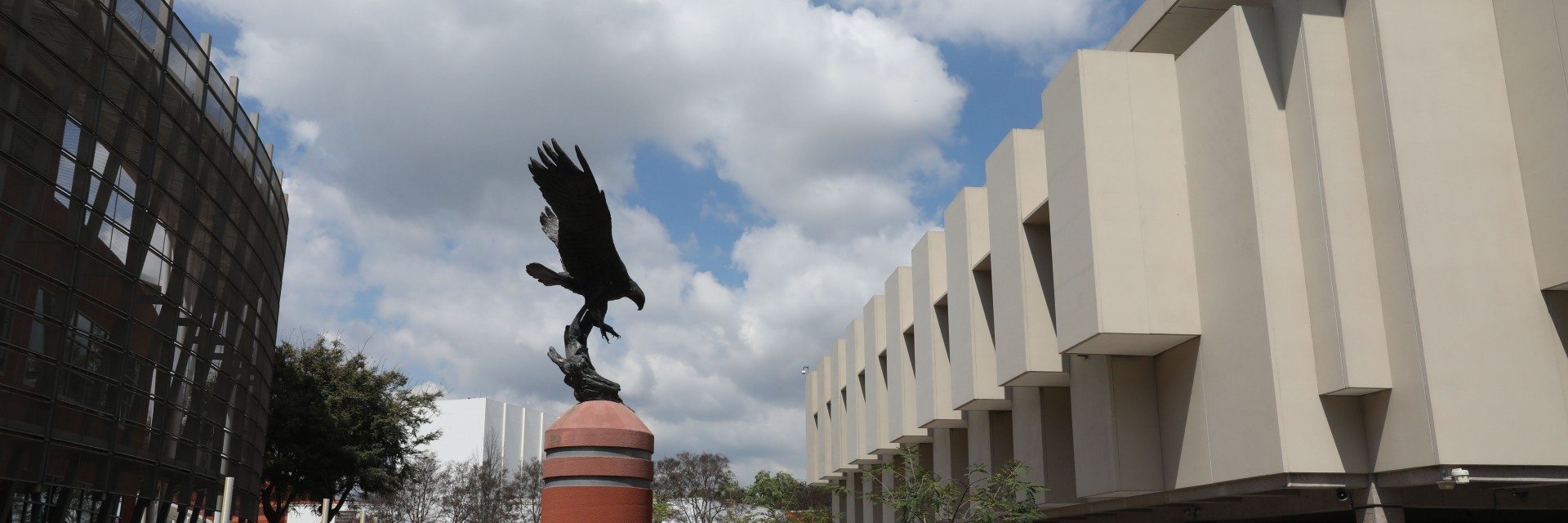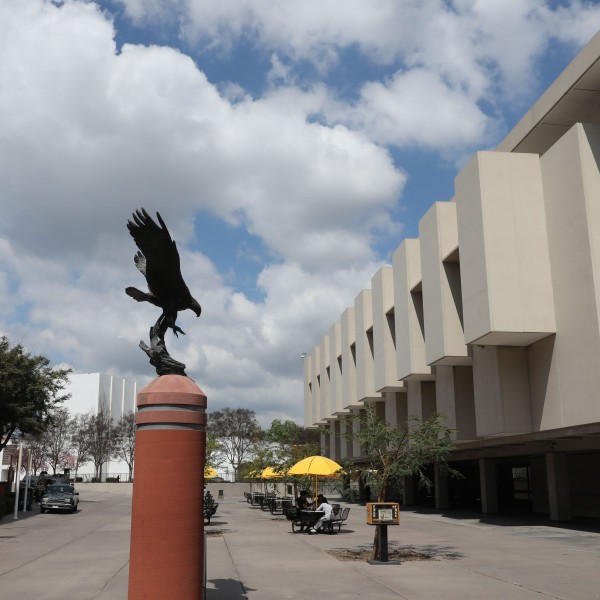The Office of Student Conduct addresses student behavior — academic and non-academic — that is inconsistent with the Standards for Student Conduct. Our goal in working with students is to encourage personal responsibility through effective decision making and problem solving skills.
We aim to strike a balance in addressing academic, and other misconduct, in a fair and educational manner while fostering an environment where all members of the campus community feel safe and valued.
Types of Conduct Referrals
STUDENT MISCONDUCT — Behavior involving alcohol or drugs, theft, hazing, weapons, disruption of the academic environment, and threatening conduct are among the Student Conduct violations.
ACADEMIC DISHONESTY — Plagiarism, cheating and other forms of academic dishonesty that are intended to gain an unfair academic advantage are addressed by both faculty members and the Office of Student Conduct.
TITLE IX, DISCRIMINATION, HARRASSMENT and RETALIATION — Sexual harassment, stalking, domestic violence, dating violence, sexual misconduct, harassment, discrimination or retaliation on the basis of a protected category. To learn more, visit the Office for Equity, Diversity and Inclusion.
Student Conduct Process
When our office receives a report documenting an alleged violation of the Standards for Student Conduct, we will open an investigation and notify the student who is the subject of the report. This is the start of the Student Conduct Process.
Please note: Titles IX violations are handled by the Office for Equity, Diversity and Inclusion (OEDI).
A student conduct administrator with our office will schedule a meeting with the student to go over the report and information gathered from an investigation.
We will discuss whether the issue can be resolved informally through a resolution agreement or formally through a student conduct hearing.
To learn more, visit the Step-By-Step Process.
A student conduct administrator will make an opening statement. The student and student conduct administrator can each present evidence and witnesses before a Hearing Officer.
Once all witnesses have been called, the Associate Dean will make a closing statement.
The Hearing Officer will submit a report to the Vice President for Student Life outlining what happened at the hearing, whether a violation occurred and, if so, recommended sanctions.
More details and tips for how to prepare are available at What to Expect at a Conduct Hearing.
The student conduct administrator may elect to hold a meeting or hearing on Zoom.
Make sure you're ready and read Prepare for a Virtual Hearing.
For more information, visit our Frequently Asked Questions.
Conduct or CARE Team?
The CARE Team supports students who are in distress or appear to be profoundly struggling. The CARE Team does not address behavior that is unlawful or violates University policies.
To better understand the difference between the roles of our office and the CARE Team, please read:

